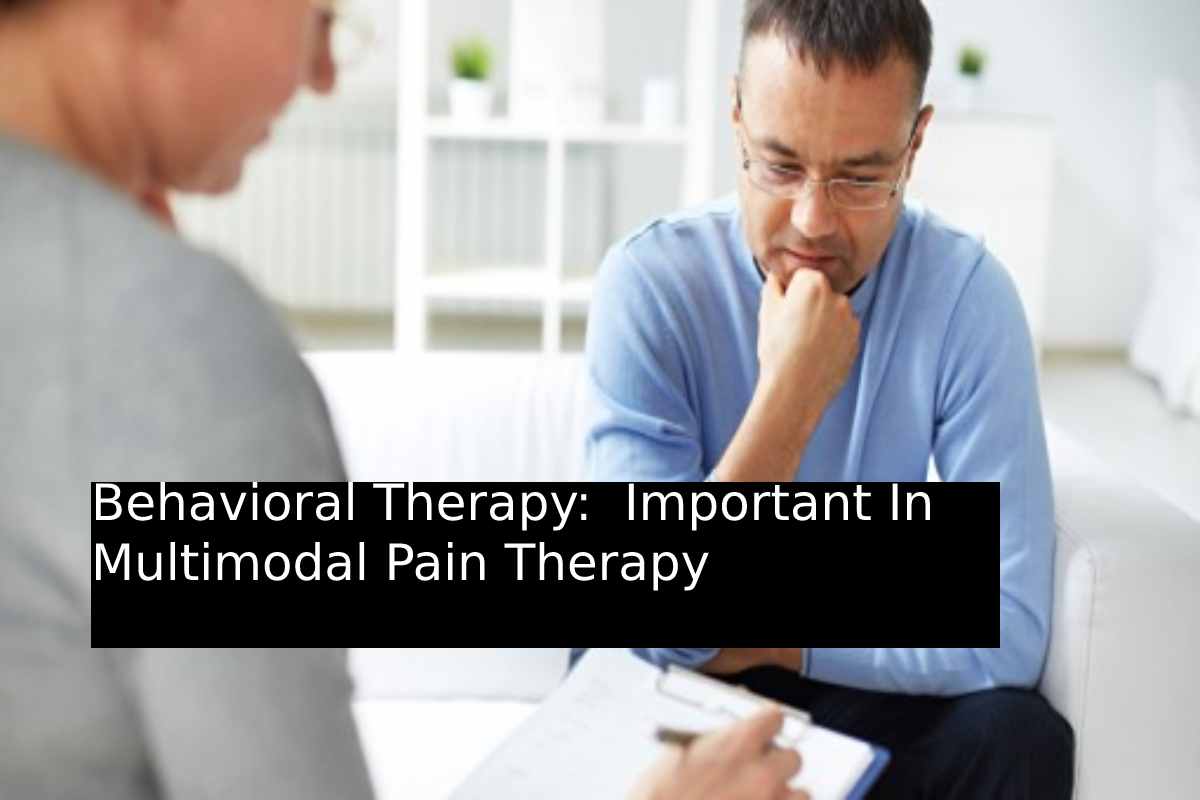Behavioral Therapy
In our back centers there are several psychologists who help patients with chronic back pain to break the vicious cycle of pain. Here is a brief summary of the content of his work:
Why Are Psychological Talks Useful For Chronic Back Pain?
Multimodal pain therapy is based on comprehensive medical, psychological and physiotherapeutic diagnoses of pain. The various therapy modules are closely coordinated with each other during the course of treatment. This is an important prerequisite for the successful treatment of acute and chronic back pain.
In recent years, scientific studies have increasingly shown that psychological processes may play a central role in the growth and maintenance of pain.
If you want to relieve persistent back pain, you usually need more than just physical treatment. Since physical processes are closely linked to thoughts and feelings, psychotherapeutic strategies can help reduce symptoms in the long term.
Furthermore, according to current treatment recommendations, it is of the utmost importance that patients understand how pain works. Psychological conversations help to convey this knowledge.
Here is what you can imagine as a patient at an initial (diagnostic) consultation with a psychologist at the Am Michel Back Center:
As part of a comprehensive diagnosis of psychological pain, the patient and psychologist together determine the extent to which psychological factors may contribute to the development of symptoms and/or contribute to the maintenance of symptoms.
Since restrictions in well-being are often a consequence of persistent pain, additional vicious circles often develop that keep the patient trapped in the cycle of pain.
What To Expect In Behavioral Pain Therapy:
In therapy, we want to discover together how you can “reclaim” aspects of your life that are important to your well-being and that you may have neglected due to pain and limitations (for example, hobbies, interests, social contacts, etc.). ). ).
A helpful approach to dealing with pain is also taught as part of therapy. As a result, you may experience symptoms as less stressful and regain control of your daily life while improving your long-term quality of life.
Become an expert on your complaints yourself.
The possible treatment contents are:
Provide relevant information on how pain arises and how it is processed.
(“What really happens in my body when I’m in pain?”)
Encourage positive activity and overall functioning
(“I can be active again despite my ailments!”)
Development of a helping attitude and supportive thoughts when dealing with complaints.
Promote the ability to relax for long-term pain relief
Promote feelings of help (sense of control, serenity, confidence)
Learn to consciously direct your attention
Reduction of general mental stress and worries.

